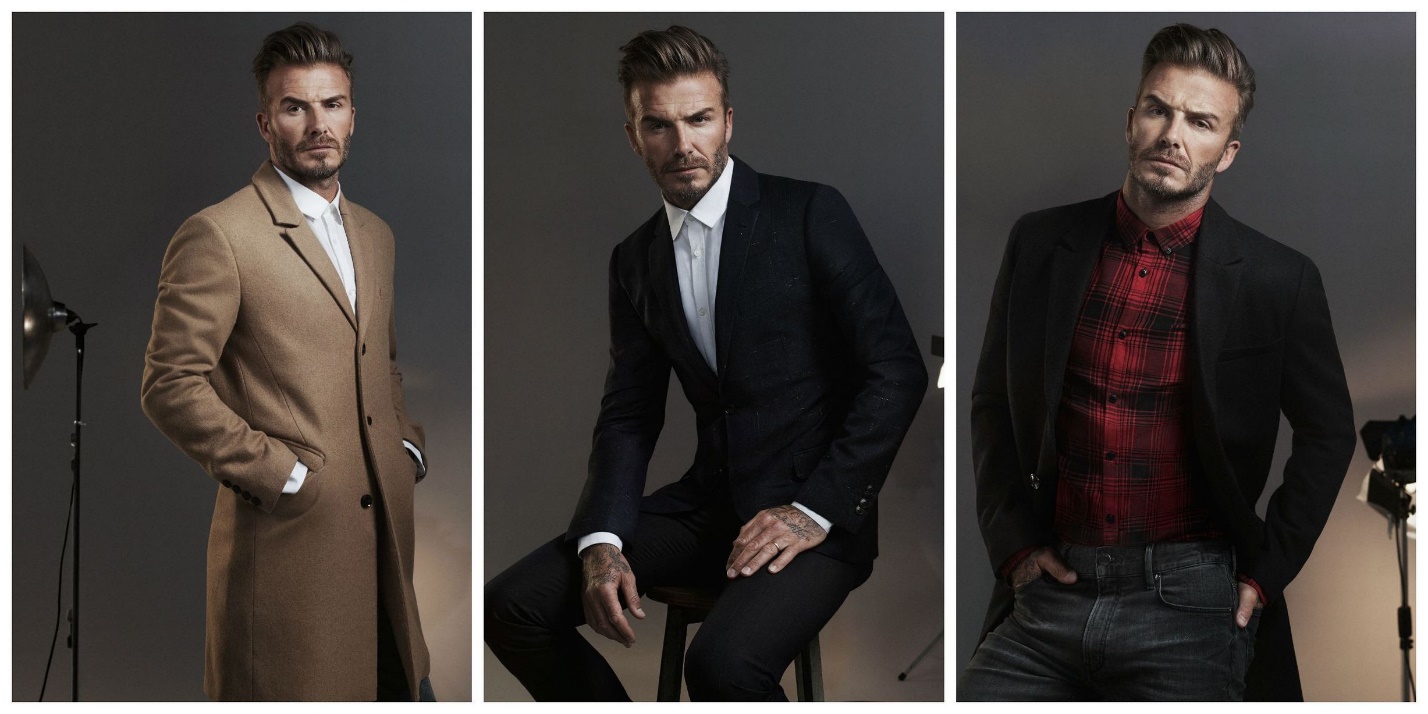Of all the sports, football manages to elevate its star players to a greater level of stardom than perhaps any other.
The game’s international nature pits regional neighbors against one another with gold and glory on the line, while club play creates the same level of passion within cities and neighborhoods. Those special players who possess both the physical skill and psychological strength needed to excel on football’s greatest stages are lionized both at home and abroad, becoming legends.
During their time on the pitch, football stars are the center of attention, sending packed stadiums into a frenzy with a flick of their talented foot, but eventually every professional career must come to an end. These days, retirement announcements are made on social media more often than not. For many athletes, football players and otherwise, transitioning from a fast-paced and action-packed lifestyle to early retirement can be a jarring adjustment. Most football players retire in their late 30s or even earlier, which leaves them with plenty of time to ponder their next step in life.
While many players settle into the same routines they’ve always enjoyed, remaining involved in the sport as coaches or owners, other stars pursue entirely different paths. Some begin investing their exorbitant salaries into entrepreneurial opportunities, while others devote themselves to their families or explore new outlets for their competitive nature.
We’ve chosen five football legends that have embraced alternative avenues following their retirement, embarking on their new journeys with the same drive they once displayed for club and country.
David Beckham
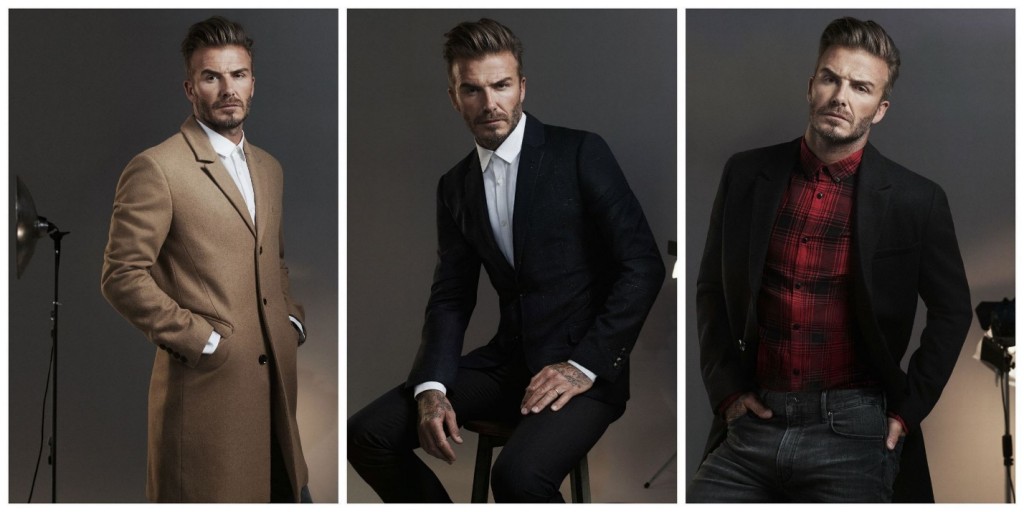
Source: www.manchestereveningnews.co.uk
During the late 1990s and early 2000s, no football star on the face of the planet shined as brightly as David Beckham. Hailing from the Leytonstone area of London, England, the natural born striker led elite English club Manchester United to the pinnacle of professional football.
Blessed with an uncanny ability to bend the ball to his will, Beckham starred for Manchester United as the juggernaut won six Premier League titles, two FA Cups, one European Cup and one Intercontinental Cup during his tenure. Beckham went on to play for Real Madrid, the L.A. Galaxy, Milan, and Paris Saint-German throughout the rest of his storied career. In all, Beckham scored 97 goals in club play while adding 17 goals to England’s national team score.
With a blend of remarkable athletic talent, good looks, and an evident eye for style, Beckham crossed over to become a certified celebrity. His wedding to former Spice Girl and fashionista Victoria Adams in 1999 was practically a royal event, and in 2002 a feature film titled Bend It Like Beckham used his stardom as the young protagonist’s inspiration to succeed.
After a stellar 20-year career on the pitch, Beckham announced his retirement in 2013, but he has stayed busy ever since. Both he and Victoria lend their names to a variety of fashion labels, advertising campaigns and other marketing endeavors. David launched his own fashion brand in 2011, designing day and evening suits, which was followed by a fragrance line in 2013, including Classic and Beyond.
Once a feared striker, Beckham is known today for his sharp sartorial sense, and alongside fashion design he is also a successful model. He has appeared in advertisements for clothiers like Giorgio Armani and H&M. In an interview, Beckham described his fascination with the fashion industry:
“I think it’s important to always look after yourself whatever your age. For me it feels instinctive and I don’t wear something because of what anyone would think. It has to feel right for the person and if people are complimentary, then it’s a bonus.
I’ve always had a liking toward clothes, but when I met Victoria, she directed me in the right way. When she tells me something doesn’t look good, I believe her. We have a connection that way.”
Ronaldo Luís Nazário de Lim
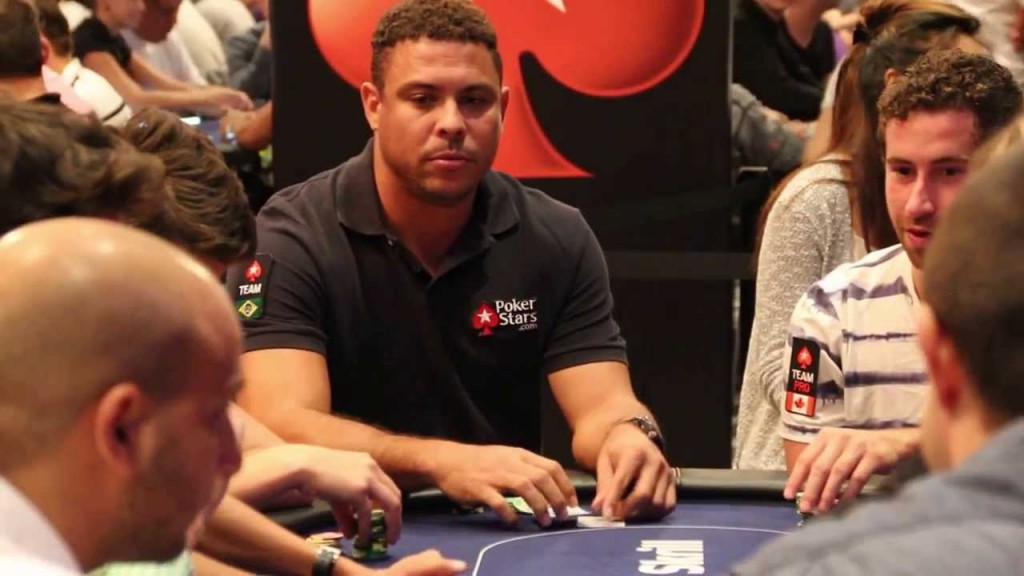
Source: youtube.com
For Brazilian-born football players, the World Cup trophy is nothing short of the Holy Grail. After winning the title three times out of four between 1958 and 1970, Brazil then suffered a drought which lasted until 1994.
That year, a 17-year old striker nicknamed Ronaldinho (to distinguish him from the elder Ronaldo who starred for Brazil at the time) watched his teammates win the most coveted cup in all of football. Four years later, the younger Ronaldo had blossomed to become widely regarded as the best player in the world, and he led Brazil back to the World Cup final. Although that team was defeated by France, Ronaldo won the “Golden Ball” as the tournament’s top player.
In 2002, Ronaldo recovered from a devastating knee injury suffered two years earlier to lead Brazil to their third straight World Cup final appearance. He scored twice in the finals, tying with legendary Pele for World Cup goals by a Brazilian player, and securing the fifth title for his homeland.
Ronaldo retired in 2011 after 18 years as a dominant striker, having scored 320 goals in 456 professional fixtures. He also won the coveted Ballon d’Or – which is awarded to FIFA’s best all-around player –in both 1997 and 2002.
Since his retirement, Ronaldo has been pursuing poker as a hobby and an outlet for his competitive spirit. In addition to becoming a spokesperson for online poker platform PokerStars in 2013, Ronaldo is frequently spotted playing in poker tournaments all over the world. As a member of the brand’s Team SportStars, he even enjoyed a deep run in $10,300 buy-in Main Event held in the Caribbean in 2015, outlasting a field of 826 opponents to finish in 26th place. Now imagine sitting down in a tournament to find the legendary striker playing opposite you!
Eric Cantona
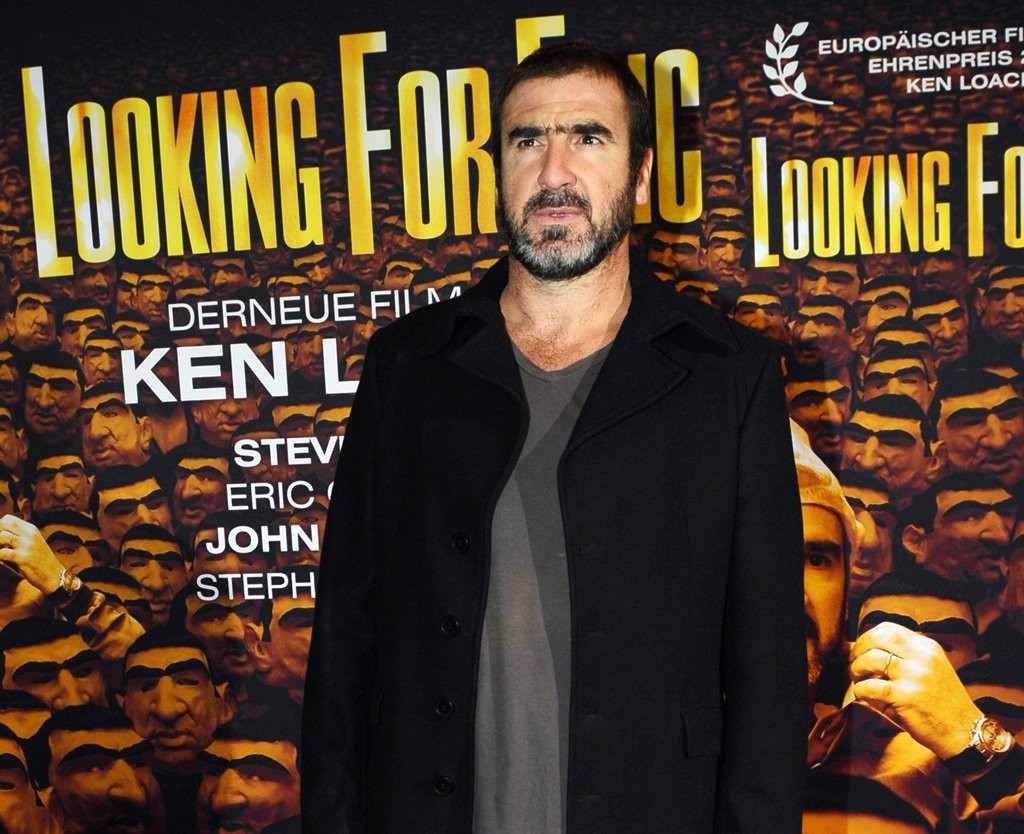
Source: http://www.sport.net/
French footballer Eric Cantona has always been a bit of a theatrical figure, even during his playing days.
Between 1983 and 1997, Cantona played for a series of French and English clubs, including Marseille and Manchester United, where he wore the number 7 shirt donned by several of the team’s legends over the years. Known as “King Eric” to Manchester United supporters, Cantona made a name for himself by playing with his collar “popped” well before it was a trend, turning the white collar of his kit up and standing out from the crowd.
Due to the passion he displayed on the pitch, and the 64 goals he scored in 143 fixtures, readers of team magazine Inside United voted Cantona as the greatest player in team history in 2001. The crowds of 67,000 supporters at Old Trafford still sing Cantona’s name during home games.
After retiring from the game in 1997, Cantona embarked on a new career as an actor. Over the years, he has appeared in films such as Elizabeth (1998), French Film (2008), and Looking for Eric (2009). Cantona made his debut as a stage actor in Face au Paradis, a French play, in 2010.
Currently, Cantona has 29 acting credits to his name, along with three producer credits and two more as a director. In 2014, he directed the television documentary “Foot et Immigration, 100 Ans D’histoire Commune,” which translates to “Football and Immigration, 100 Years of Shared History.”
Pelé
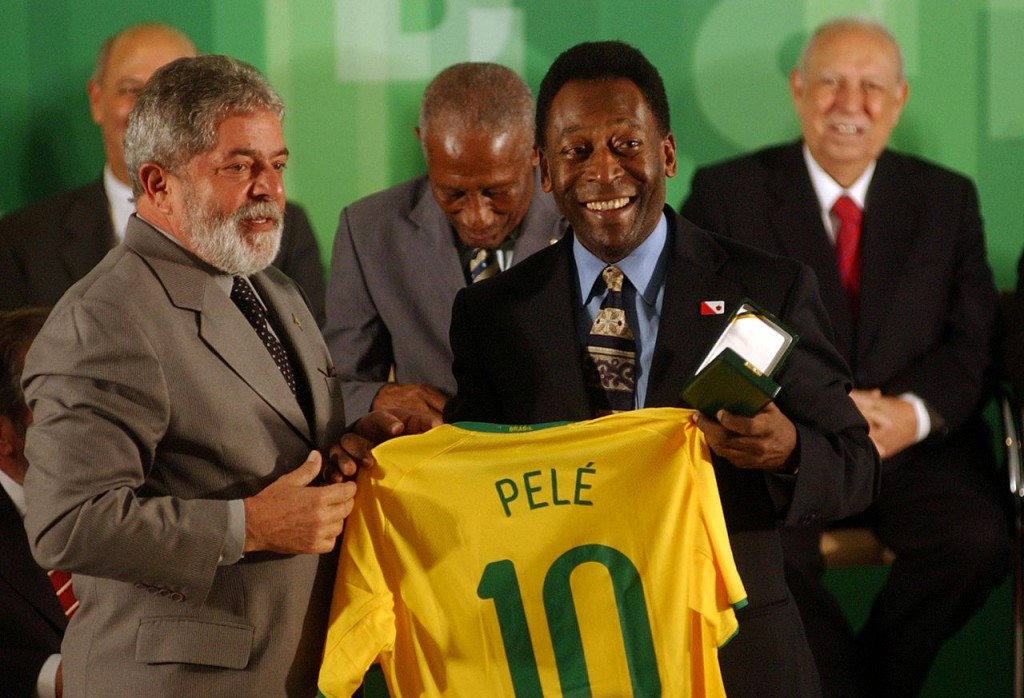
Source: wikimedia.org
Perhaps the greatest player to ever step foot on the pitch, Brazilian Edson Arantes do Nascimento, the one we got to know as Pelé needs no introduction.
In 1958, then the youngest player to ever compete in the World Cup, Pelé notched a hat trick in the quarterfinals before scoring two more in the final to give Brazil its first World Cup title. Four years later, Pelé assisted and scored to open the tournament’s first match, and although he was forced to bow out due to injury, Brazil went on to secure its second consecutive title. Brutal fouling by European teams intent on stopping Pelé marred the 1966 World Cup, but in 1970 he closed out his career by winning the Golden Ball as the tournament’s best player, powering Brazil to its third title in four tries.
During his 14 years as the star of Brazil’s historically dominant national squad, Pelé scored an astounding 77 goals in just 91 fixtures.
When Pelé retired in 1977, he was universally lauded as the greatest player in the game’s storied history. Using his tremendous influence as a global superstar, Pelé became active in humanitarian causes both in Brazil and abroad. In 1994 he was named as a Goodwill Ambassador by the United Nations Organization for Education, Science and Culture (UNESCO).
In 1995, Pelé became the Extraordinary Minister for Sport, acting at the request of Brazilian president Fernando Henrique Cardoso. Pelé spoke out in defence of athlete’s rights, leading to the passage of “Pelé’s Law” in Brazil, which sought to promote financial transparency between leagues, teams, and players.
Pelé was knighted by Queen Elizabeth II in 1997. Reuters and the International Olympic Committee selected Pelé as the Athlete of the Century in 1999, and in 2006 he helped to inaugurate the World Cup Finals. In 2012, he received an honorary degree from the University of Edinburgh, which celebrated Pelé’s “significant contribution to humanitarian and environmental causes, as well as his sporting achievements.” A legendary retirement for a legendary sportsman.
All these football stars saw retirement as a new start to their careers and chose to focus on their passions and interests, which is possibly why they have been as successful in retirement as in their days on the pitch. We can’t help but wonder about those players that are still active – what will they choose to do with their retirement?

